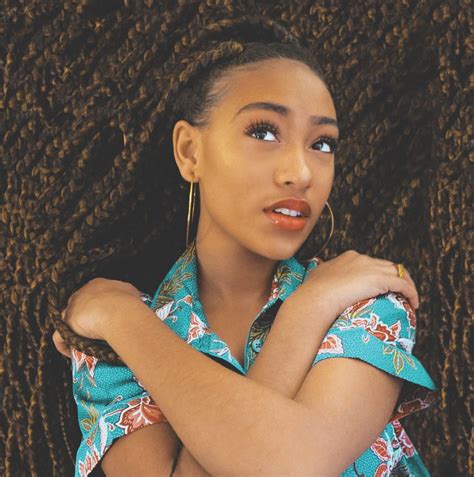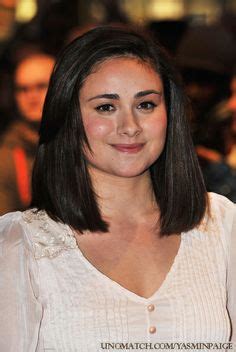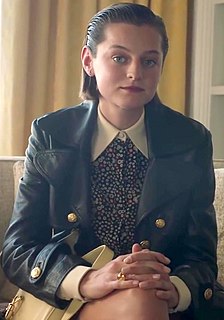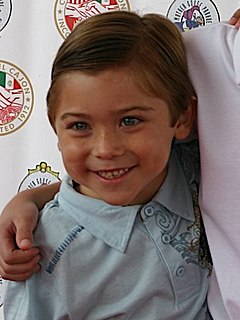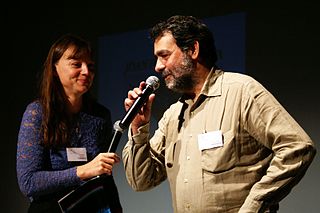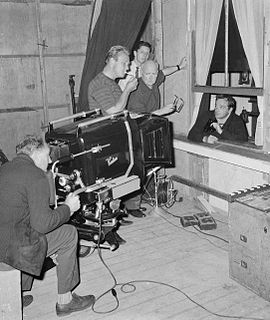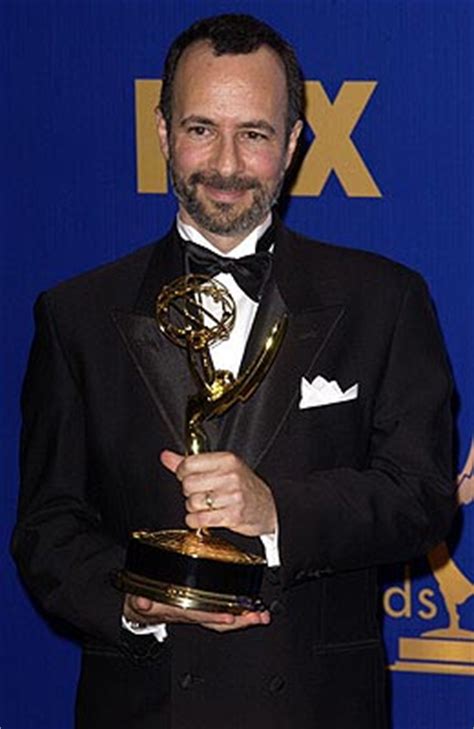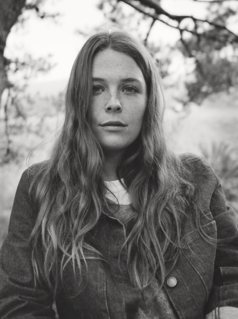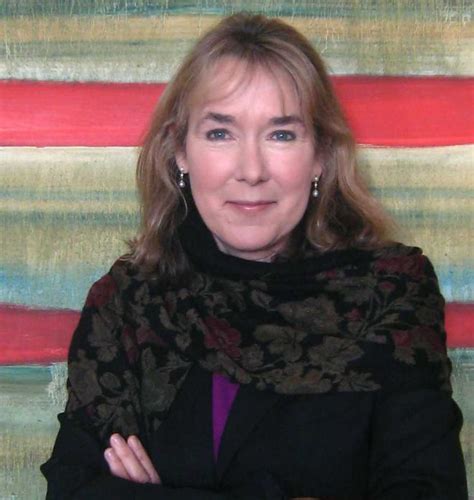A Quote by Lexi Underwood
I had my own documentary that I filmed in D.C., which is where I'm from.
Quote Topics
Related Quotes
The only award I've been nominated for is a Scottish BAFTA. A Scottish BAFTA, it's like hearing that the animals have their own Olympics. You hear all this stuff about TV being faked. Of course it's faked. It's all faked. That documentary a couple of weeks ago about tribal warfare among monkeys, that was all filmed in a Yates wine lodge in Dundee. Comic Relief is faked. Everybody in Africa is fine.
To the documentary director the appearance of things and people is only superficial. It is the meaning behind the thing and the significance underlying the person that occupy his attention... Documentary approach to cinema differs from that of story-film not in its disregard for craftsman-ship, but in the purpose to which that craftsmanship is put. Documentary is a trade just as carpentry or pot-making. The pot-maker makes pots, and the documentarian documentaries.
When you say documentary, you have to have a sophisticated ear to receive that word. It should be documentary style, because documentary is police photography of a scene and a murder ... that's a real document. You see, art is really useless, and a document has use. And therefore, art is never a document, but it can adopt that style. I do it. I'm called a documentary photographer. But that presupposes a quite subtle knowledge of this distinction.
In a one-hour documentary, you can tell maybe ten stories. That's how the documentary is structured. I wrote to forty of the greatest historians of both African and African-American history, and hired them as consultants. I had them submit what they thought were the indispensable stories, the ones they felt this series absolutely had to include.
